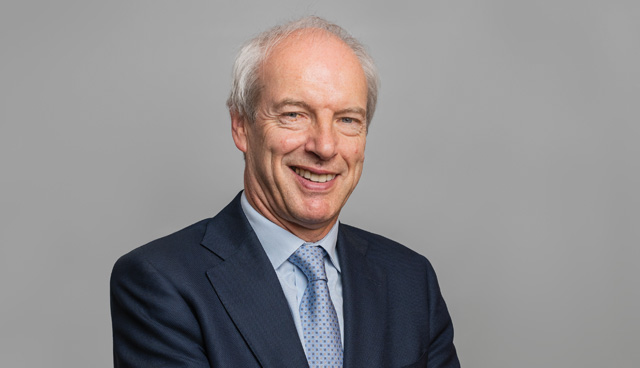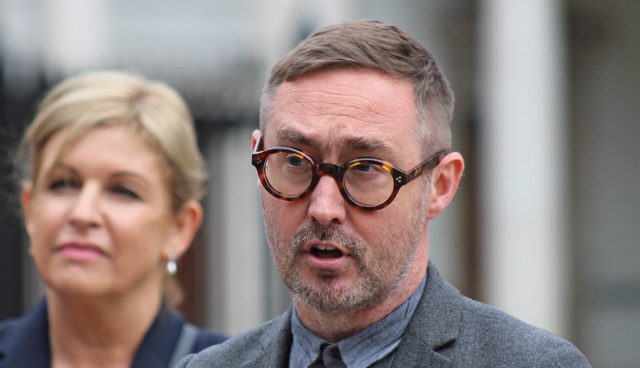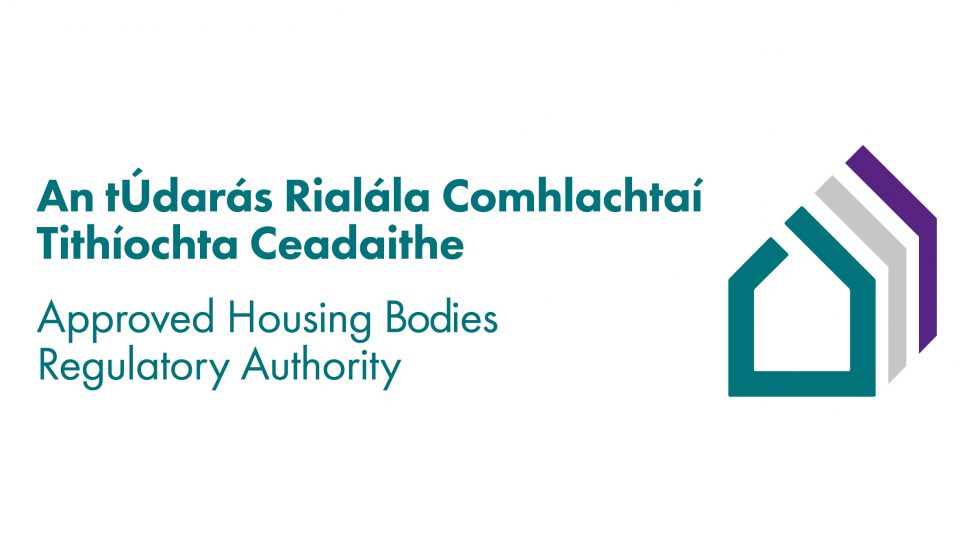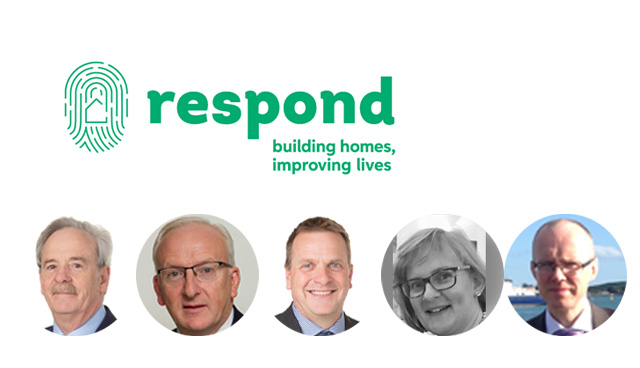
Respond: Growing from strength to strength
1st June 2021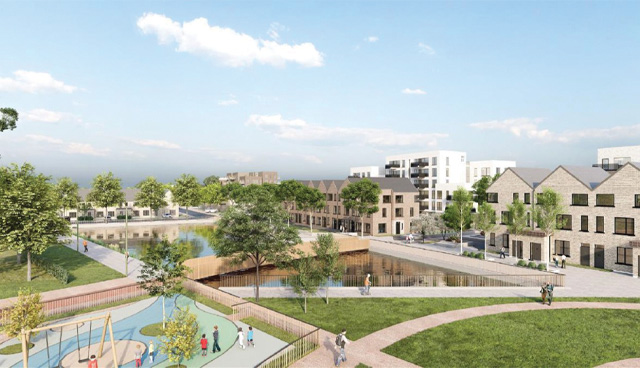
Fingal produce successful solutions with innovative housing delivery model
1st June 2021IMF says more revenue needed to solve housing crisis
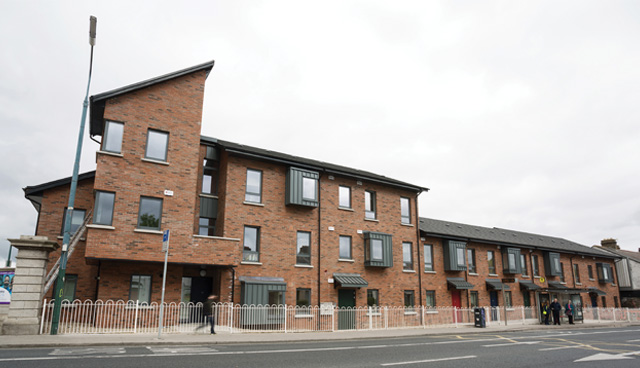
In a review of the Irish economy, the International Monetary Fund (IMF) has said that Ireland will need to raise more taxes if it is to invest in affordable housing to a sufficient degree once recovery from the Covid-19 pandemic has begun to take hold.
In its Staff Concluding Statement of the 2021 Article IV Mission, which was conducted virtually over two weeks in May, the IMF said that a “premature withdrawal of support” in the form of economic measures designed to protect against the worst of the pandemic ‘should be avoided’ and advised that “economic policy needs to strike a balance between providing targeted support to hard-hit sectors and vulnerable groups and facilitating transition to a greener and more digital recovery that limits scarring and addresses Ireland’s medium-term challenges”.
Achieving sustained growth, the report advises, will require significant investment in social and physical infrastructures, specifically the alleviation of the shortage of affordable housing in Ireland. The need to spend, an ageing population and the “still high ratio of public debt to Modified Gross National Income (GNI*)”, means that the IMF recommends that Ireland broaden its tax base to raise additional public revenue, while warning that “it is also important to adapt and gradually withdraw temporary support measures as the recovery takes hold to incentivise transformation and safeguard fiscal sustainability”.
Reducing the shortages in affordable housing will require a multi-pronged approach, the IMF says while noting that “the Government’s effort in this regard is welcome but more needs to be done”. The IMF suggests four main steps in order to alleviate the pressure on the housing system as it is: the release of more government-held land for development; the streamlining of approval processes for permits and rezoning; the assessment of incentives to build rental properties; and the increasing of supply, including that of social housing.
The Daft.ie rental price report, published in the same week as the IMF’s report, highlighted the shortage of properties that has resulted in the high rental prices that the IMF is emphasising the need to tackle. According to the rental price report, rental prices outside of Dublin were 7.1 per cent higher in the first quarter of 2021 than in the same period last year, costing tenants an extra €900 per year.
The IMF also emphasises that “continued effort is needed to meet the ambitious National Development and Climate Action plans” and it welcomes the increasing of the carbon tax in order to fund the progression of these plans. Speaking after the IMF’s report was published, Minister for Public Expenditure and Reform Michael McGrath TD said: “Key requirements for an inclusive and sustainable recovery noted by the IMF, including upskilling and investment, are priorities for Government. The Government’s focus on upskilling will allow us to address the challenge that as we emerge from the pandemic, many of the jobs of the future will be different. The review of the National Development Plan that is underway will set new five-year rolling departmental capital allocations and overall 10-year capital ceilings out to 2030. This will support delivery of priority commitments for Government, also highlighted by the IMF, including action on climate change and the provision of sustainable housing.”

